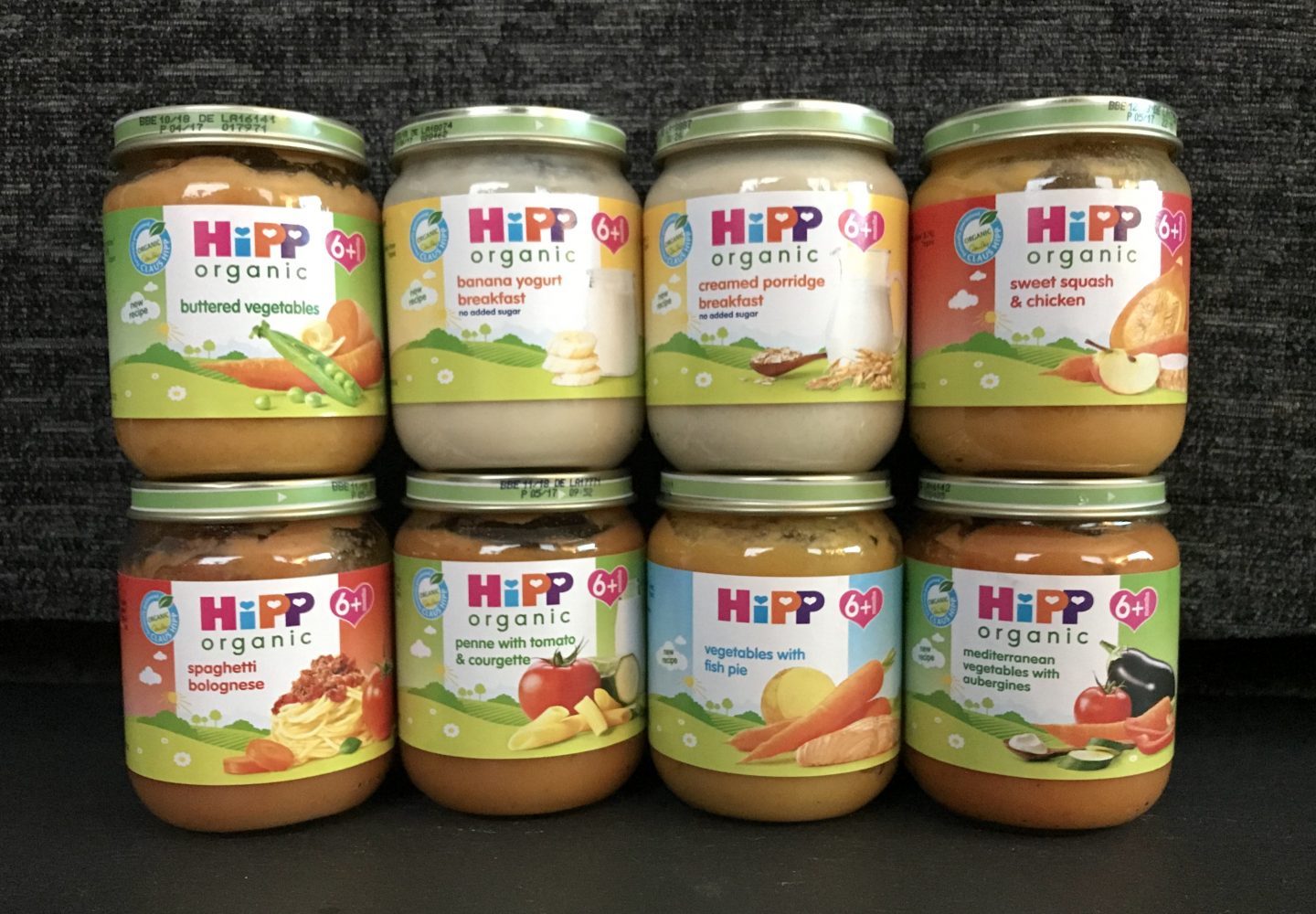Hipp Baby Food has been a trusted name in infant nutrition for over a century. Its unwavering commitment to quality and innovation has made it a leading choice for parents worldwide. From its humble beginnings to its cutting-edge production processes, Hipp Baby Food has always prioritized the health and well-being of infants.
With a wide range of products tailored to different ages and dietary needs, Hipp Baby Food caters to the specific nutritional requirements of growing babies. Its commitment to sustainability and ethical sourcing ensures that every ingredient meets the highest standards of quality and safety.
Hipp Baby Food History

Hipp Baby Food, a trusted name in infant nutrition, traces its roots back to 1899. Its founder, Josef Hipp, a German health food pioneer, was deeply concerned about the high infant mortality rate at the time. He believed that the lack of proper nutrition was a significant contributing factor.
Early Innovations
- In 1903, Hipp developed the first commercially available infant formula, known as “Hipp’s Kindernahrung.” This formula was made from cow’s milk, vegetable extracts, and cereals, and was fortified with essential vitamins and minerals.
- In 1921, Hipp introduced the first precooked baby food in jars, making it convenient for parents to feed their infants healthy and nutritious meals.
Brand Philosophy and Mission, Hipp baby food
Hipp Baby Food has always been guided by a commitment to providing infants with the best possible nutrition. The company’s philosophy is based on the principles of organic farming, sustainability, and respect for nature. Its mission is to “offer the best possible start in life for all babies through natural and organic nutrition.”
Hipp Baby Food Environmental and Social Responsibility

Hipp Baby Food recognizes the importance of sustainability and ethical practices. The company is committed to minimizing its environmental impact and contributing positively to the community. Hipp Baby Food implements various initiatives to ensure its products are produced responsibly and sustainably.
Sustainability Practices
Hipp Baby Food emphasizes sustainable agriculture and environmental conservation. The company works with organic farmers to promote biodiversity, protect soil health, and reduce chemical inputs. Hipp Baby Food also prioritizes renewable energy sources, water conservation, and waste reduction throughout its operations.
Ethical Sourcing
Hipp Baby Food sources its ingredients from certified organic farms and suppliers. The company adheres to strict ethical sourcing guidelines to ensure fair trade practices, protect workers’ rights, and promote sustainable farming practices. Hipp Baby Food collaborates with local communities to support economic development and preserve traditional farming techniques.
Community Contributions
Hipp Baby Food actively supports community initiatives focused on child nutrition, education, and healthcare. The company partners with organizations to provide nutritious food to underprivileged children, promote healthy eating habits, and improve access to healthcare services. Hipp Baby Food also supports research and development projects aimed at improving infant nutrition and well-being.
Clarifying Questions
Is Hipp Baby Food organic?
Yes, Hipp Baby Food offers a wide range of certified organic products that meet strict quality standards.
What age range is Hipp Baby Food suitable for?
Hipp Baby Food has products designed for infants from 4 months to toddlers and beyond.
Is Hipp Baby Food free from added sugar and salt?
Yes, Hipp Baby Food products are free from added sugar and salt, ensuring they are suitable for babies’ delicate digestive systems.

